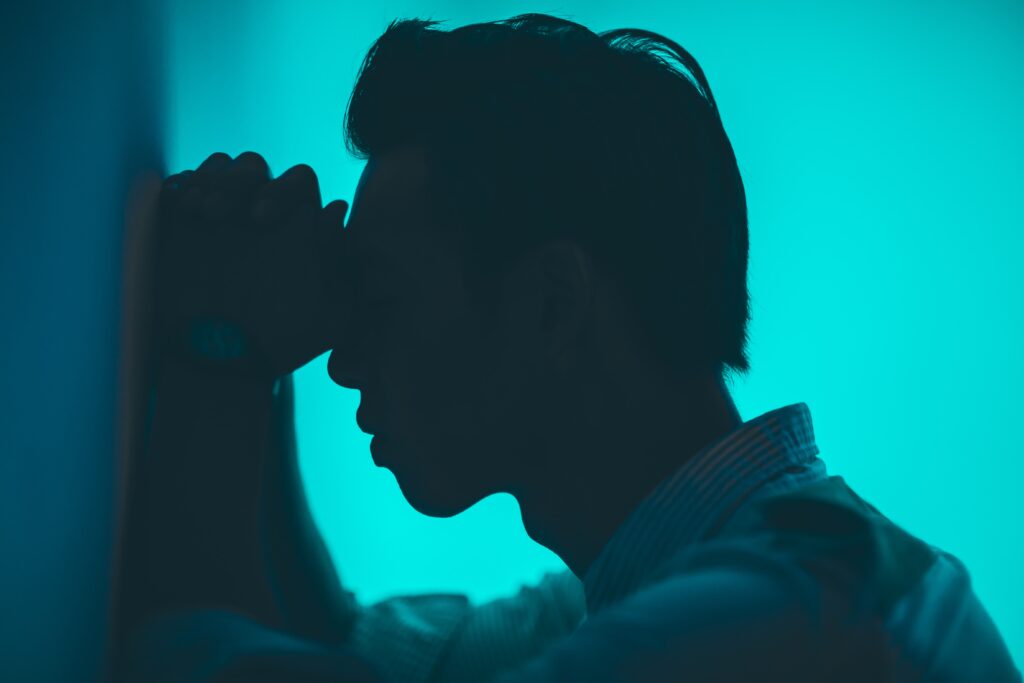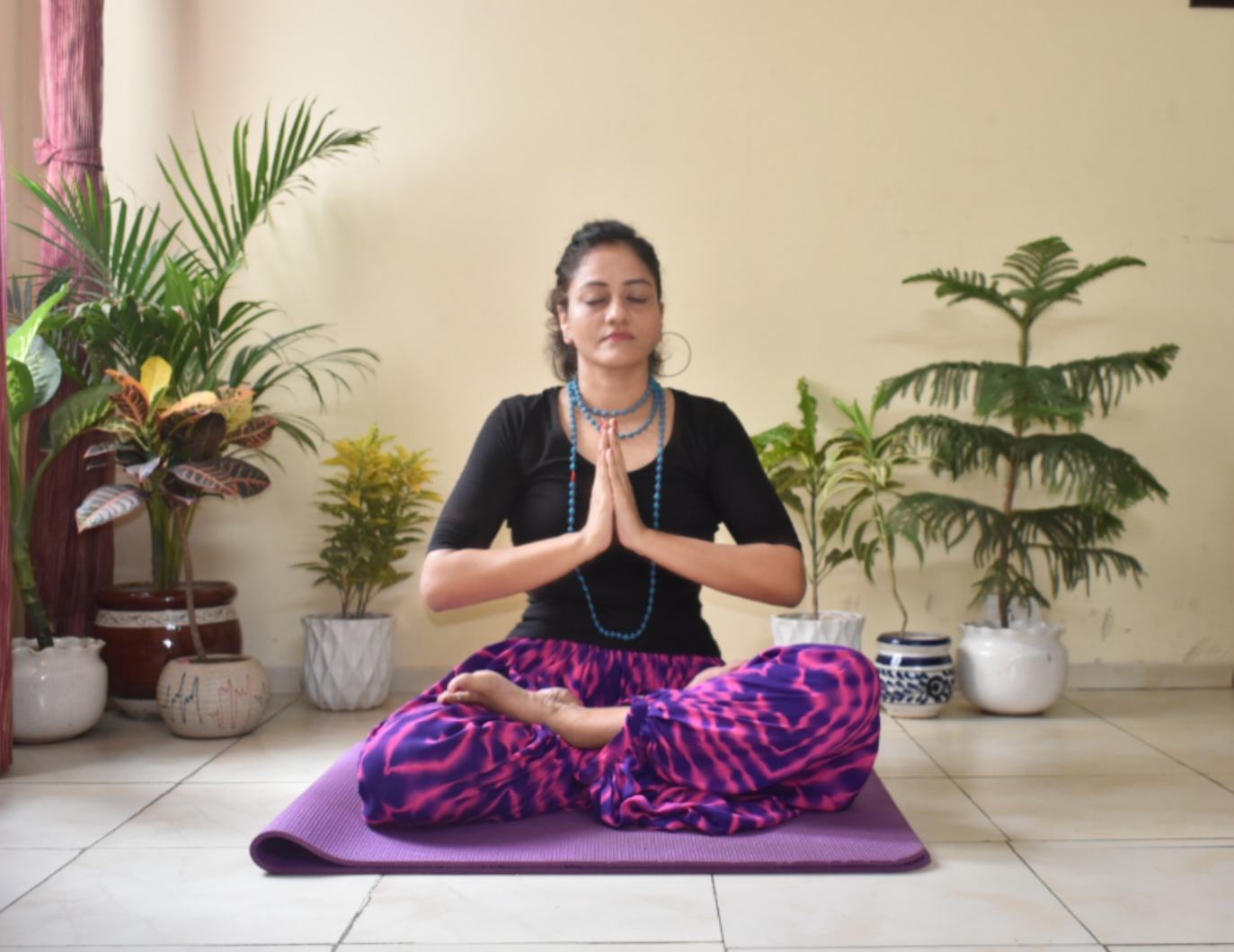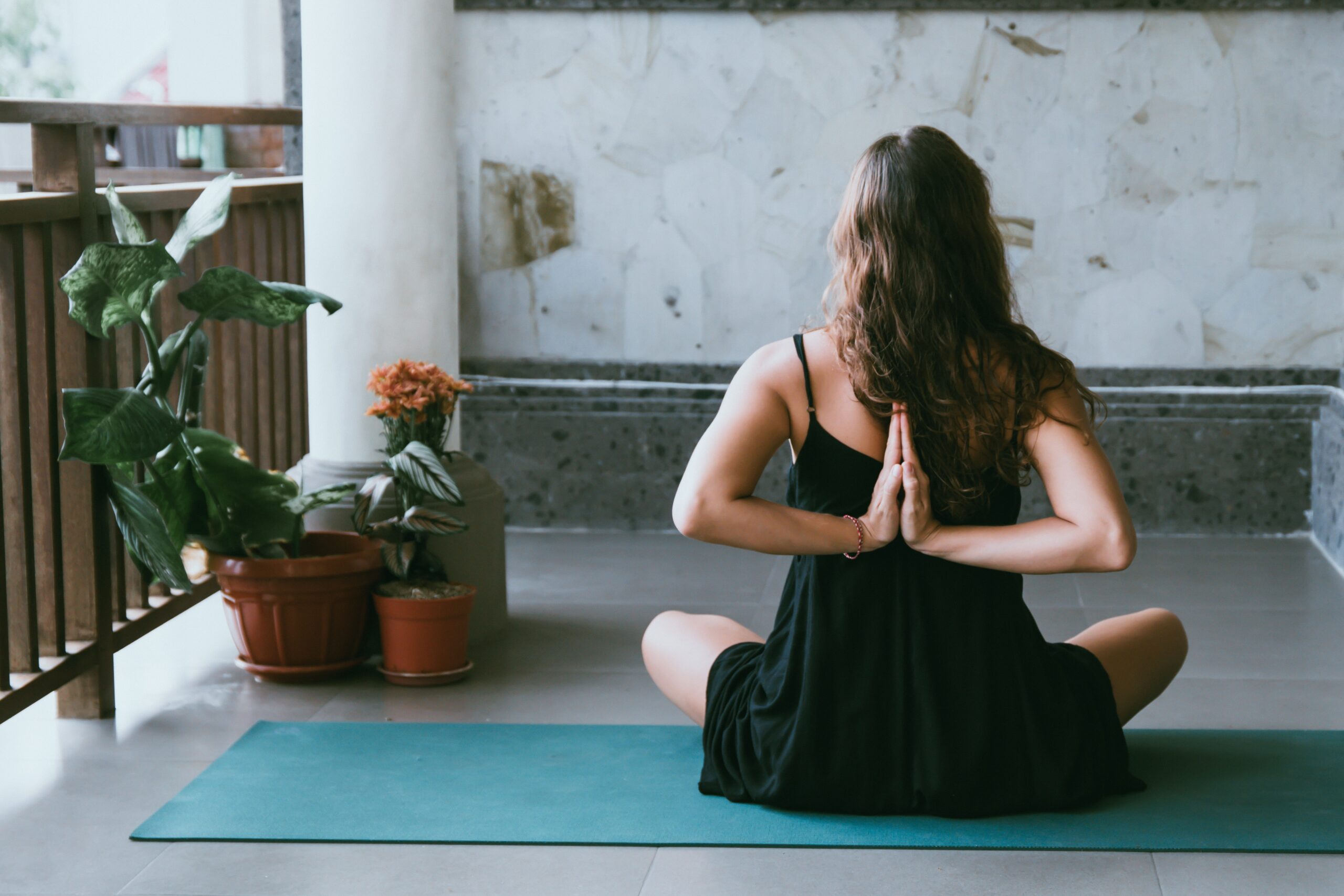Preventative Steps For Piles

Piles or Haemorrhoids are lumps that form in and around the anal canal. They are formed by swollen or inflamed venous cushions, which can pain, itch, or cause bleeding. Certain causes include chronic constipation or diarrhea, heavy weights or pregnancy, or straining when passing stools. Fortunately, you can try an Ayurvedic treatment as a natural remedy.
Warning Signs
Piles is often a self-diagnosable condition. However, you are strongly recommended to consult a specialist if you find your condition to deteriorate to higher levels (particularly III – IV). At this point, your likelihood of gaining more uncontrollable conditions like fistula increases This further complicates your condition.
There is no online advice that can substitute input from experts. Pharmacists can also recommend balms or creams to itch pain or swelling, lifestyle changes to core constipation or rectal bleeding; or cold packs to place on abdominal muscles.
Unhealthy bowel movements are one of the biggest indicators of piles. Listen to your body and do not hold back or strain your anal muscles. Bloody stools, or pain or struggle to pass stools are warning signs that you already have piles. You may also face faecal incontinence, which is the inability to control movements. The area around the anus may also appear to be itchy, swollen, or red; as a result of strained bowel movements.
The presence of haemorrhoids (lumps) may be internal, external, prolapsed or thrombosed. They swell up and become inflamed, and eventually develop into a blood clot. If it is external and swollen, or internal and prolapsed, hemorrhoids are outside the anus, as opposed to internal forms. Thrombosed forms are found as dark blue lumps protruding from the anus due to the blood clot in the swollen blood vessel.
Burning and itching sensations in the anus may also be common. This is because inflamed haemorrhoids can cause mucus and skin inflammation. It can also be due to yeast or skin infections, or parasites. External haemorrhoids can cause intense pain from the rapid stretching of skin covering hemorrhoids. They can also cause ‘skin tags’ or small tumours at the anal verge, resulting in other skin infections.
Preventative Measures
If you suspect that you have piles, or are undergoing one of its earlier stages, try to gradually adopt the steps below into your lifestyle.
- Consume sufficient fibre. Eating fibre rich foods like raw fruits and vegetables adds enough bulk to the stool. This keeps bowel movements regular. You may want to take fibre supplements on the recommendation of a dietician. Of course, fibre should be consumed as a component of an overall healthier diet. You can find out more about a healthy diet as prescribed by Ayurveda here.
- Stay hydrated. Drinking enough water softens your stools which allows it to pass easily through the digestive tract. This also reduces straining required for bowels to pass, which in turn lowers excessive blood vessel pressure causing swelling.
- Get enough exercise. Regular movement is helpful in improving bowel or digestion-related issues, including haemorrhoids. It accelerates your metabolic levels, which in turn avoids constipation. Cardio activities such as walking, running, biking, or yoga. However, do avoid heavy bench presses or weight lifting squats that may increase abdominal pain. You can refer to our article on guided simple yoga postures, as suggested by Ayurveda, over here.
- Make use of a cold compress. Apply a moist gauze pad or wash cloth on the anal area for ten minutes. This can be done 3-4 times a day to relieve itching.
- Take a sit bath. This is a shallow warm bath that cleans the perineum and helps to relieve pain. It improves vasoconstriction and stimulates blood circulation.
Takeaways
Piles is a disturbing condition that can worsen if left untreated. Poor bowel movements, haemorrhoids, and burning or itching sensations in the anal region are some common symptoms.
You are recommended to see a specialist if the pain continues or worsens. You may require surgery depending on its severity. It is also important to undergo an assessment to rule out the likelihood of other diseases.








